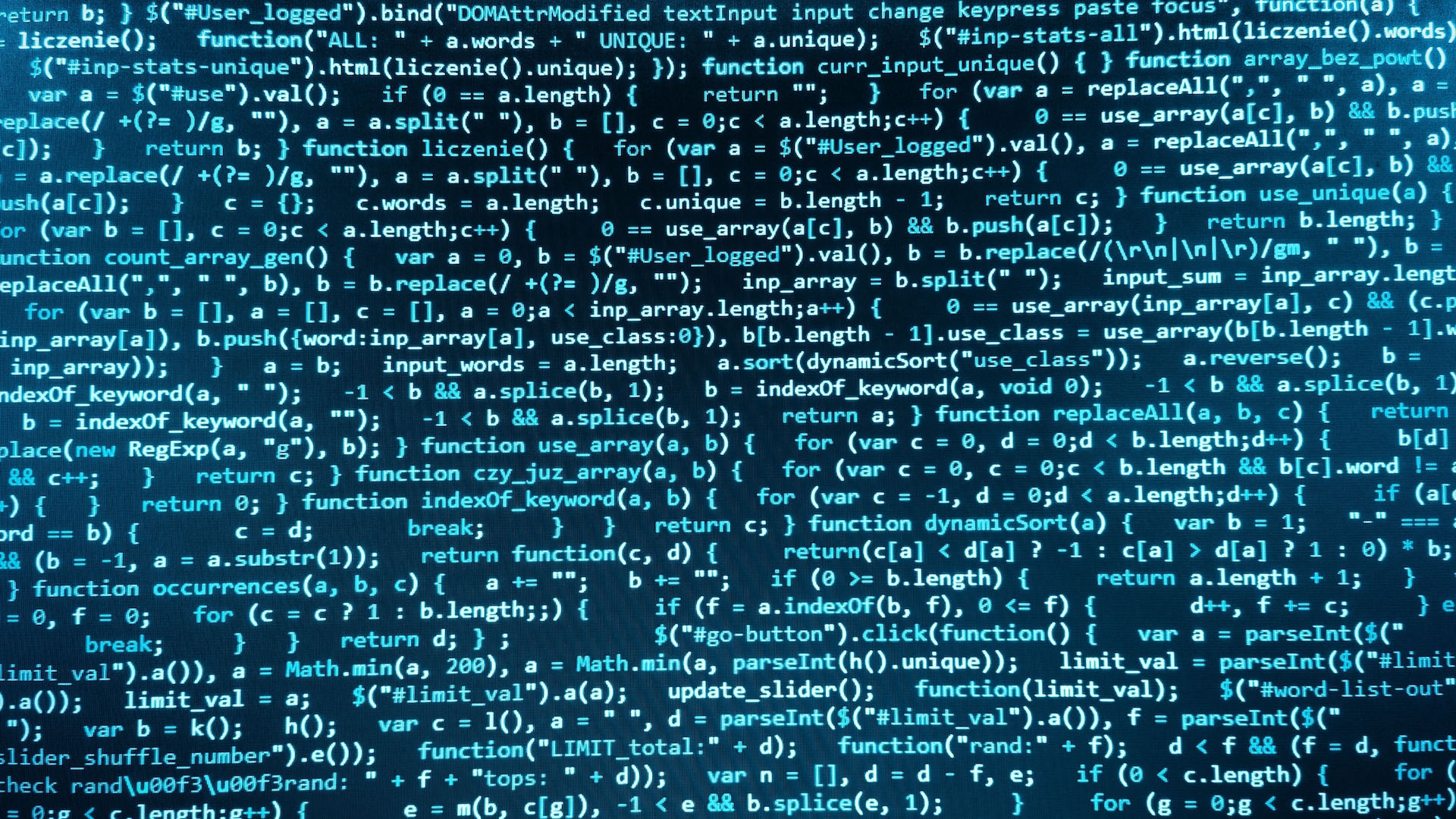
Navigating NFTs (Non-Fungible Tokens): A global legal and regulatory guide
Once relegated to the fringe of the crypto/FinTech communities, non-fungible tokens (NFTs) are suddenly mainstream, appearing in new and increasingly commercial use cases, such as financial services, automotive industry applications, electronic gaming, sport highlights, music albums, film, art, fashion and digital branding.
- What is an NFT and how is it different from a fungible, or any other, token? How can the ownership of a tangible item be represented by an intangible token?
- Does the owner of an NFT own the underlying object or asset it might represent?
- Are NFTs regulated and, if so, how?
These sorts of questions are extremely important for businesses, consumers, law-makers and lawyers. In this four-part guide we consider the key legal and regulatory issues in relation to NFTs in the context of a wide range of use cases, industry sectors and jurisdictions.
Part 1
An introduction to NFTs
- What is an NFT?
- Is a smart contract an essential aspect of an NFT?
- The legal nature of an NFT
- Rights in underlying assets
Part 2
Regulatory considerations
- NFT as a regulated security
- AML and KYC requirements
- Sanctions
- Money transmitter laws
- NFTs as commodities
- Data privacy
- Antitrust and competition law
Part 3
Transactions
- Commercial and transactional considerations
- What are the intellectual property rights issues?
- Consumer protection laws
- NFTs as collateral
- NFTs and the Metaverse
You may also be interested in
Subscribe and stay up to date with the latest legal news, information and events . . .



